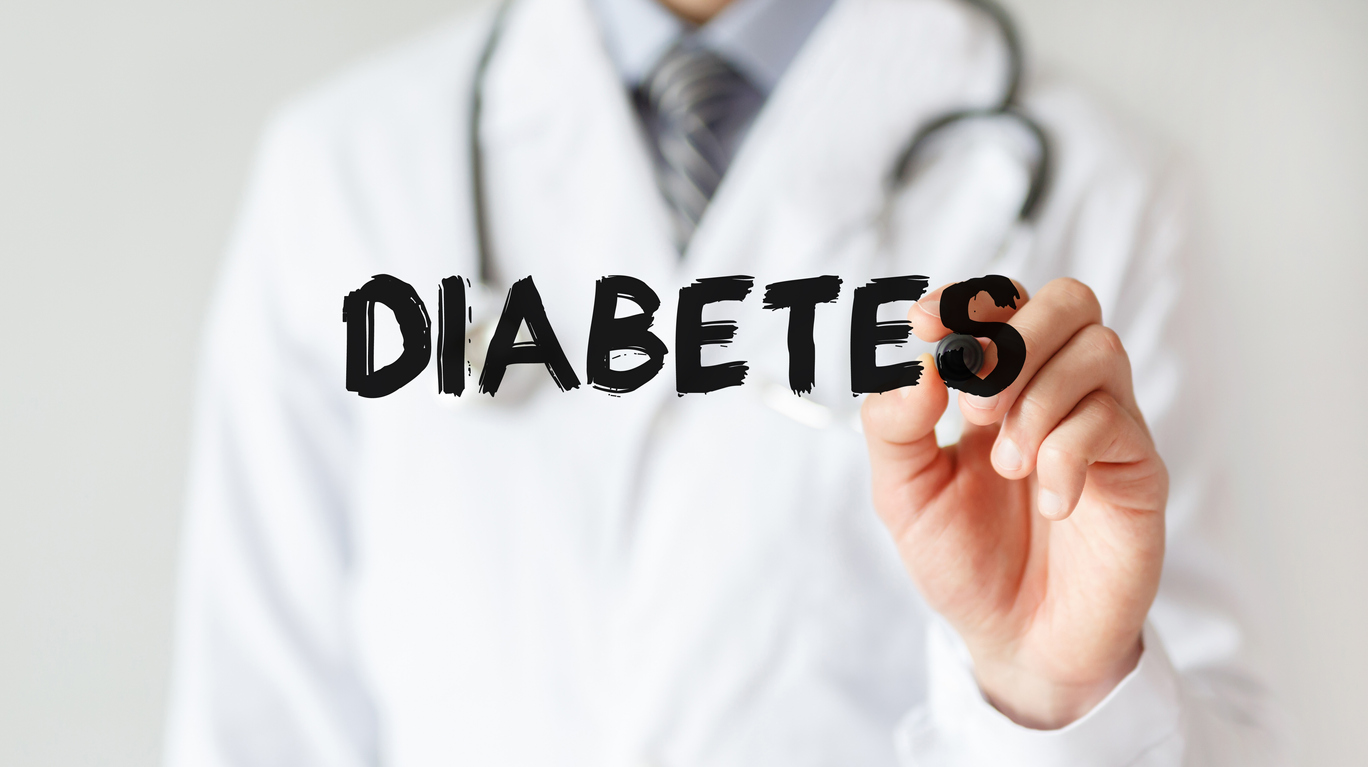Loading
By Regina Schaffer
Data suggest psychosocial stressors at work, including job strain and effort-reward imbalance, independently raise CVD risk for men and could pose a risk for heart health in women, though that evidence remains inconclusive.
“Our study underscores the importance of addressing psychosocial factors in the workplace as potential contributors to coronary heart disease risk,” Mathilde Lavigne-Robichaud, RD, MSc, a doctoral candidate in epidemiology affiliated with the population health and optimal health practices research unit of CHU de Quebec-University Laval Research Center in Laval, Quebec, Canada, told Healio. Read the full story in Healio.
Loading








